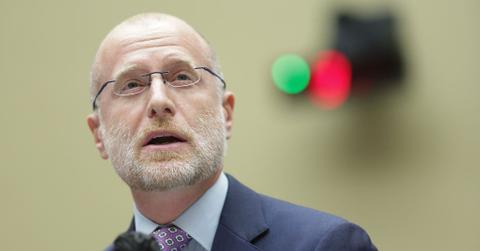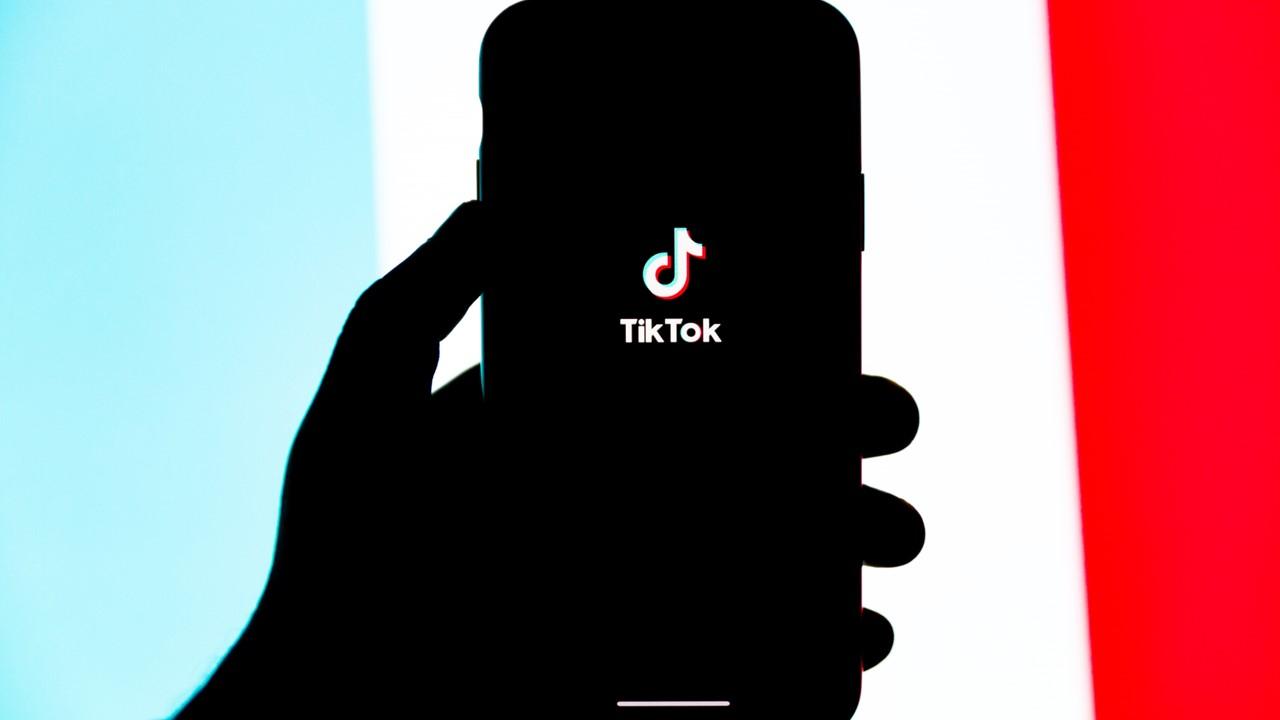Can the FCC Really Place a Ban on TikTok? Over 90 Million Americans Use the App
The Federal Communications Commission (FCC) wants to ban TikTok in the U.S., but do its powers really extend that far? What can TikTokers expect?
Nov. 2 2022, Published 10:45 a.m. ET
If you thought that talks of banning TikTok went out the door with Trump’s presidency, you’re mistaken. The U.S. Federal Communications Commission (FCC), helmed by Commissioner Brendan Carr, is calling for action to put TikTok on the chopping block, a move that would leave 90+ million Americans who actively use the app with a big “oh well.”
Can the FCC really ban TikTok or is it all talk? Like most aspects of governmental regulation, the lines of influence are a blur. Still, Carr and his commission have an in with those who can make such staunch decisions as banning TikTok in the U.S.
Why does the FCC want to ban TikTok and can it follow through?
Carr made his opinions about TikTok clear: “I don’t believe there is a path forward for anything other than a ban,” he told reporters. Like Trump said during his presidency, Carr cites national security concerns due to how TikTok and Chinese parent company ByteDance use user data from U.S. TikTok users.
The FCC can't ban TikTok outright, but it has options.
The short answer: The FCC doesn’t have the power to ban TikTok outright. A TikTok spokesperson retorted, "Commissioner Carr has no role in the confidential discussions with the U.S. government related to TikTok and appears to be expressing views independent of his role as an FCC commissioner.”
The long answer: The FCC may have the influence to sway organizations that do hold the power to ban TikTok in the U.S. There’s historical evidence of Carr’s influence, too. His opinions against Chinese telecom operations like Huawei led to Congressional action that kept these companies out of the U.S. The same thing could happen with TikTok.
Right now, Carr is requesting action from the Council on Foreign Investment in the U.S. (CFIUS). This action could look like demands for increased data security, or — if TikTok fails to comply — an outright ban.
If others get on board, a TikTok ban is possible.
Whether it's the fact that Trump’s presidency is in the rearview or the issue of data security at Chinese companies is becoming more glaring, the notion is becoming more attractive to politicians across party lines.
Just last week, Sen. Mark Warner (D-Ind.) said, "This is not something you would normally hear me say, but Donald Trump was right on TikTok years ago.” Warner added, "If your country uses Huawei, if your kids are on TikTok, [...] the ability for China to have undue influence is a much greater challenge and a much more immediate threat than any kind of actual, armed conflict."
Still, TikTok remains a beloved form of social media in the U.S. Even politicians themselves have taken to the platform to boost their campaigns with younger voters. If a ban happens, it’ll be a big boost for Instagram, Facebook, and even Elon Musk’s Twitter (not to mention Vine, if Musk is successful in reviving the long-lost video platform). After all, a desire for what TikTok has granted us won't just go away with a ban, and someone will have to fill the gap.


